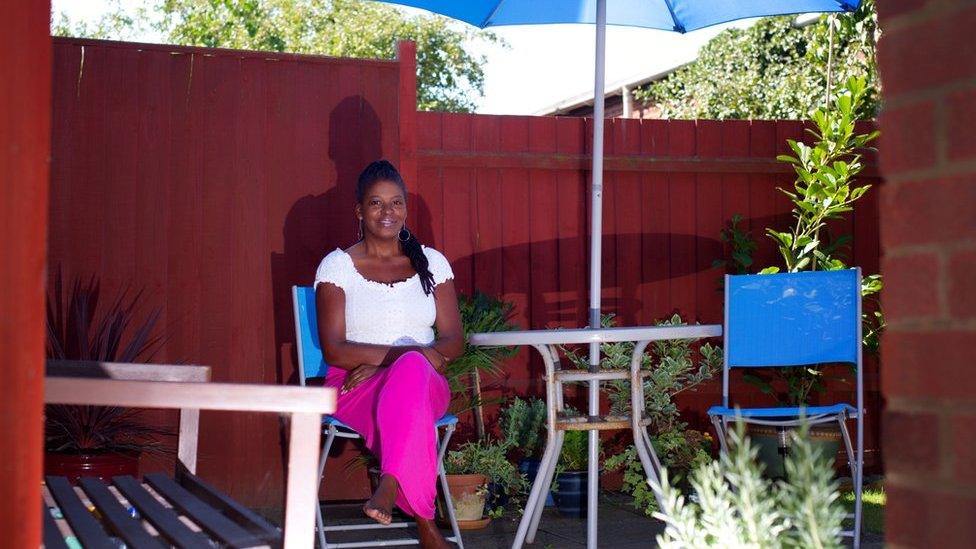Suffolk blood donation: 'I know it saves lives like my mum'
- Published
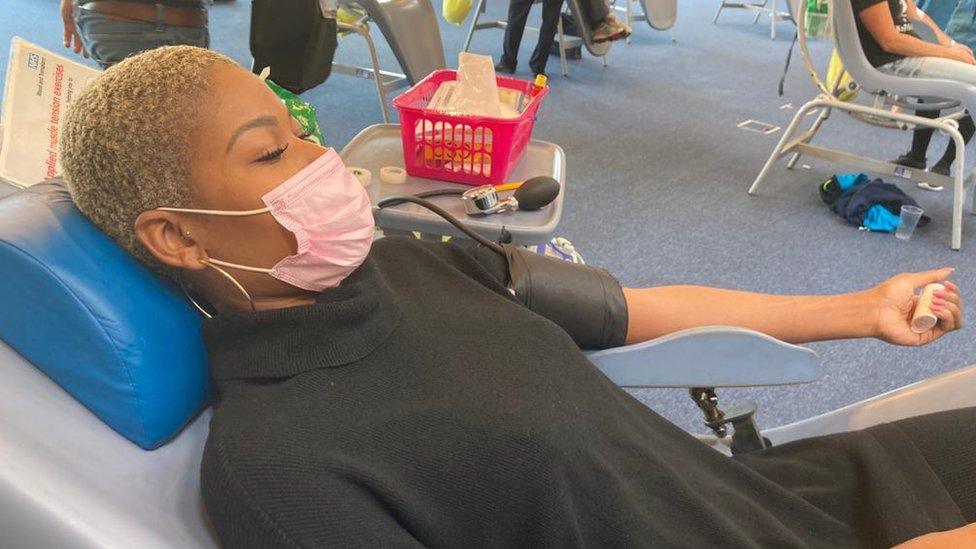
Tamar Tappin gave blood for the first time at the session in Ipswich
The first dedicated blood donation session for African and Caribbean communities in Suffolk has taken place in Ipswich. It hopes to encourage more to donate, especially to help those who have sickle cell disease.
Some 16,000 new black donors are needed in the coming year to keep up with demand, the NHS said.
Sickle cell disease is incurable and affects 15,000 people in the UK, predominantly those from African and Caribbean backgrounds.
Those with the condition and those giving blood at the new session share their thoughts with BBC News.

'Blood transfusions are a life saver'
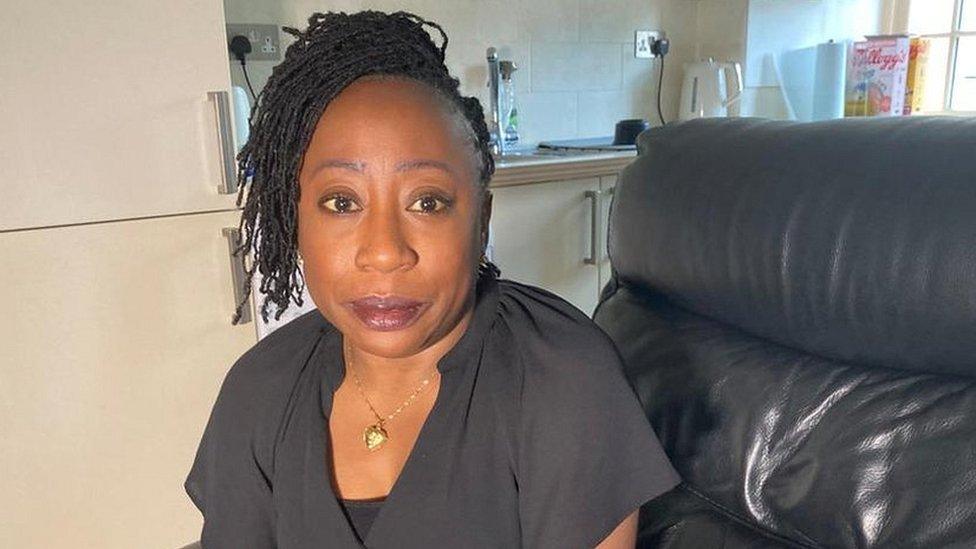
Toks Odesanmi says living with sickle cell disease impacts every area of her life
Toks Odesanmi, from Colchester in Essex, has sickle cell disease and has transfusions every eight weeks.
"The crisis arrives when there is a blockage in your blood vessels and the blockage then causes pain," she said.
"The pain is so severe. I'm in tears, I can't eat, I can't speak, I'm just rolling around in pain."
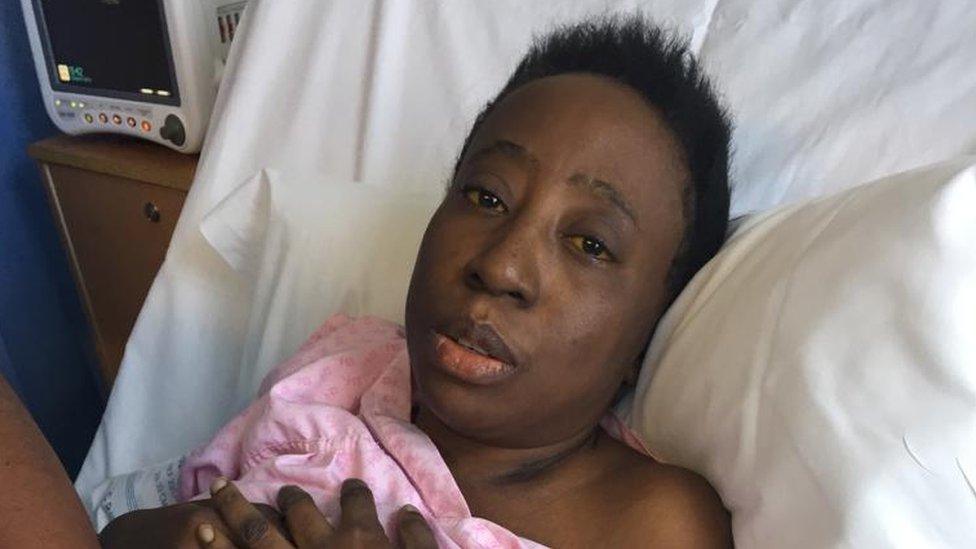
Toks Odesanmi has to have a blood transfusion in hospital every eight weeks
Ms Odesanmi has had both hips replaced, one ankle fused and had a liver transplant due to the condition.
"It affects work, it affects school, it affects your social life, it affects my ability to be a mother," she said.
She described her blood transfusions as a "major life saver".
"It has preserved the life of the liver and my life and improved the quality of my life."

'By giving blood I know I'm helping'
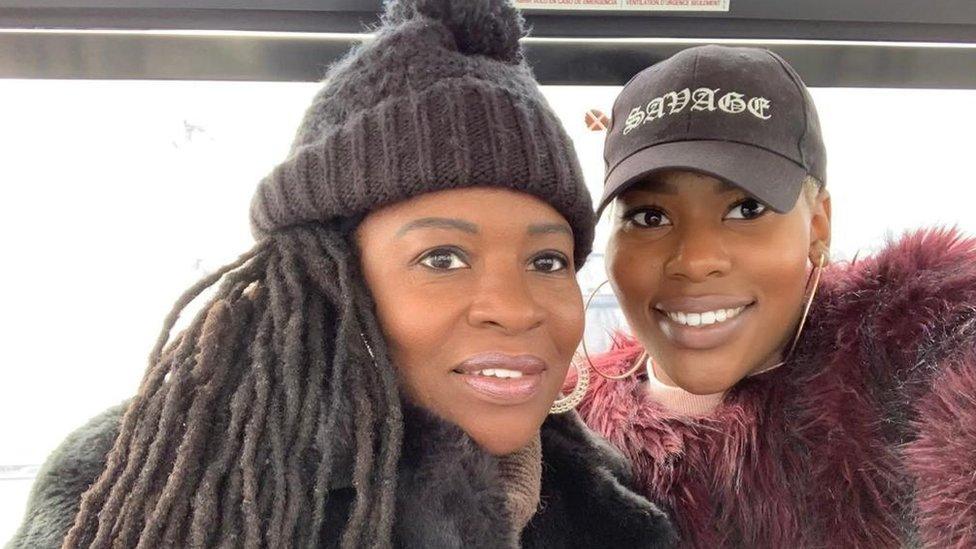
Elaine Tappin (left) has sickle cell disease which encouraged her daughter Tamar to give blood
Tamar Tappin, 28, gave blood for the first time at the session in Ipswich.
"I decided it was really important because my mum has sickle cell disease and in order to save her life she needs a blood transfusion every two weeks," she said.
"I hadn't given blood before... but I was just really scared.
"The fact Sickle Cell Suffolk, external has actually put this together has pushed me to give blood because I know it saves lives like my mum and others who are suffering with the disease."
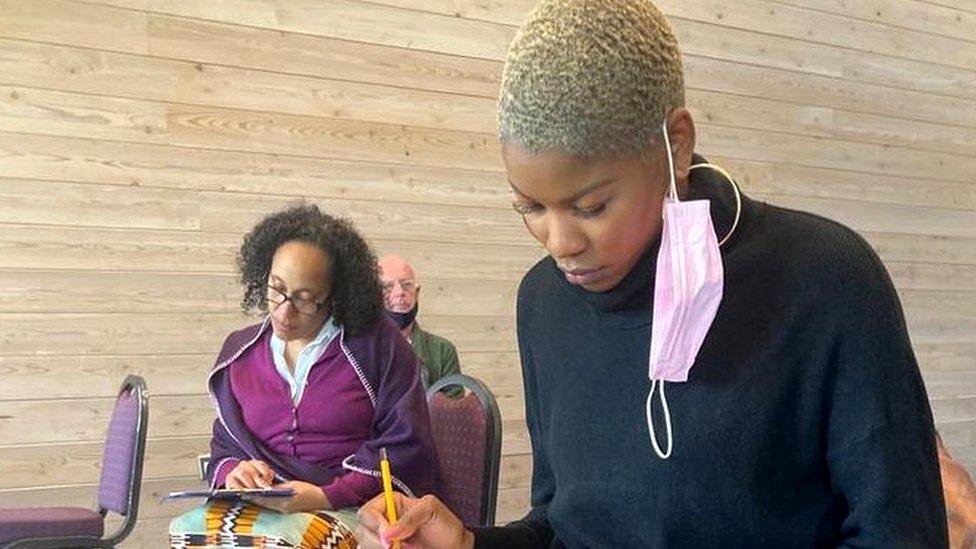
Tamar Tappin said she found the process of giving blood straightforward
Ms Tappin said she feels "helpless" when her mum, Elaine, is in hospital.
"You honestly can't do anything but by giving blood I know I'm helping and I'm contributing. I know I'm trying to help her and everyone else," she said.
Ms Tappin added she felt some people from African and Caribbean communities do not give blood because they do not think they will need a transfusion.
"People don't think about it, it's not really instilled in us.
"Also, people are scared of needles, that was one of my fears, but it just takes a couple of seconds and you're saving lives."

What is sickle cell disease?
It is inherited from both parents, who pass on a particular gene
It is possible to carry the gene without having the disease
Nearly 300 babies are born with it each year in the UK
A simple blood test will show whether someone has it
Children with sickle cell are at greater risk of stroke
Other symptoms can include serious infections, anaemia and tiredness
Source: Sickle Cell Society / NHS UK

'Black people need to be regular donors'
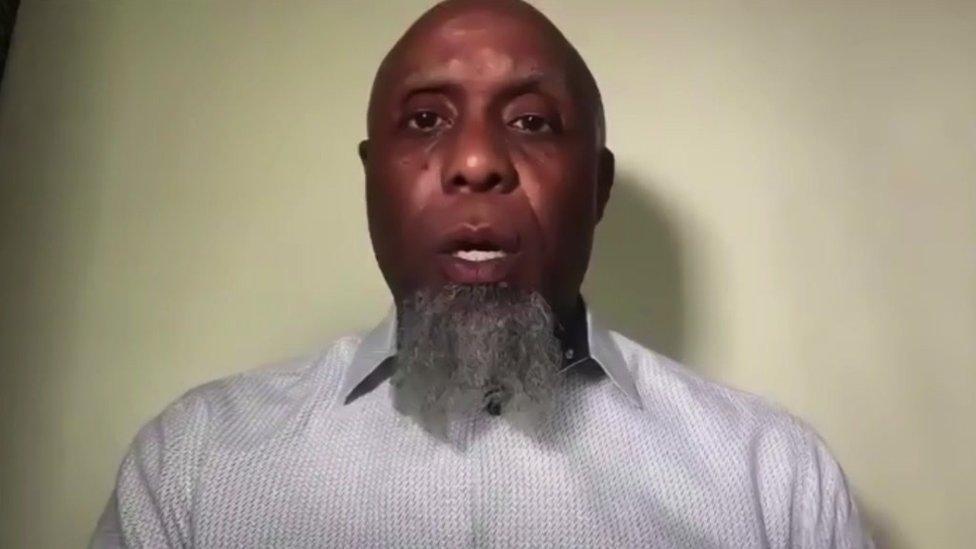
The community and engagement lead at NHS Blood and Transplant Colin Anderson says there was a need for more donor from African and Caribbean backgrounds
Colin Anderson, from NHS Blood and Transplant, said the blood groups and sub-types of those from African and Caribbean backgrounds "is very likely is to be the groups we need to give sickle cell patients repeated transfusions".
He added the fear of needles was common one but "it's a pin prick, it doesn't hurt and those who need [blood] are going through 100 times more pain".
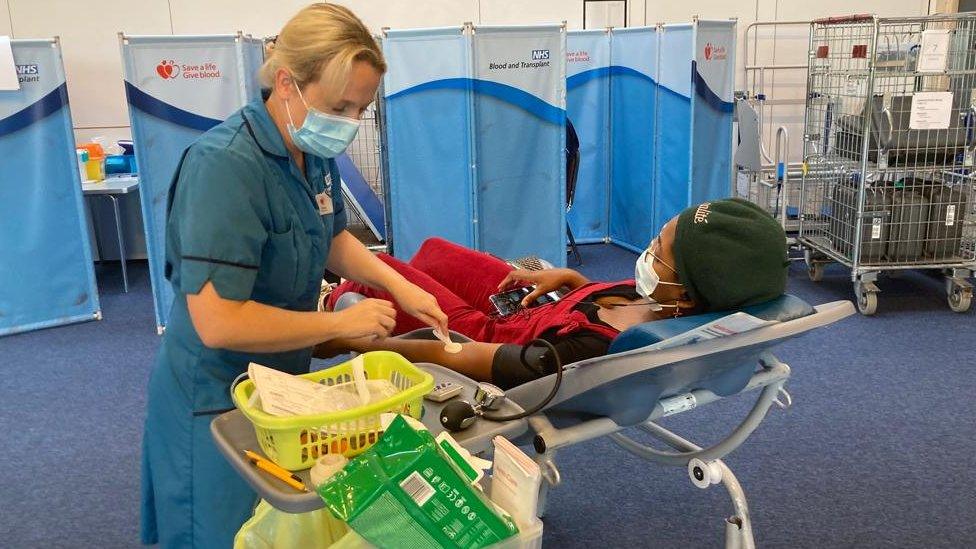
The NHS say 16,000 new black donors are needed in the coming year to keep up with demand
"People's interaction with, not just the NHS, but also with other public bodies can affect how they engage" with service like blood donations, Mr Anderson said.
"We've got to do everything we can to get black people to be regular donors," he added, which includes sessions where families and friends are invited so new donors feel comfortable.

Find BBC News: East of England on Facebook, external, Instagram, external and Twitter, external. If you have a story suggestion email eastofenglandnews@bbc.co.uk, external
Related topics
- Published5 October 2021
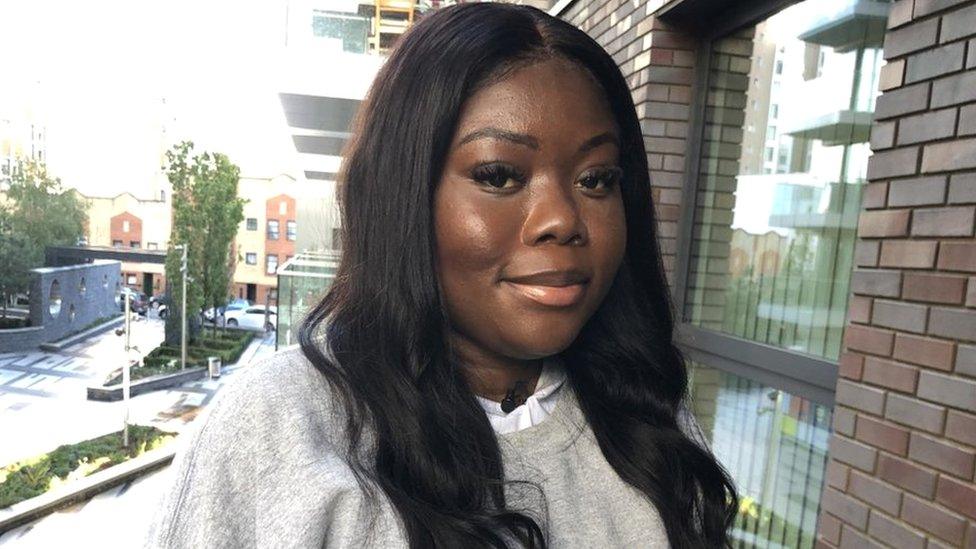
- Published4 October 2021
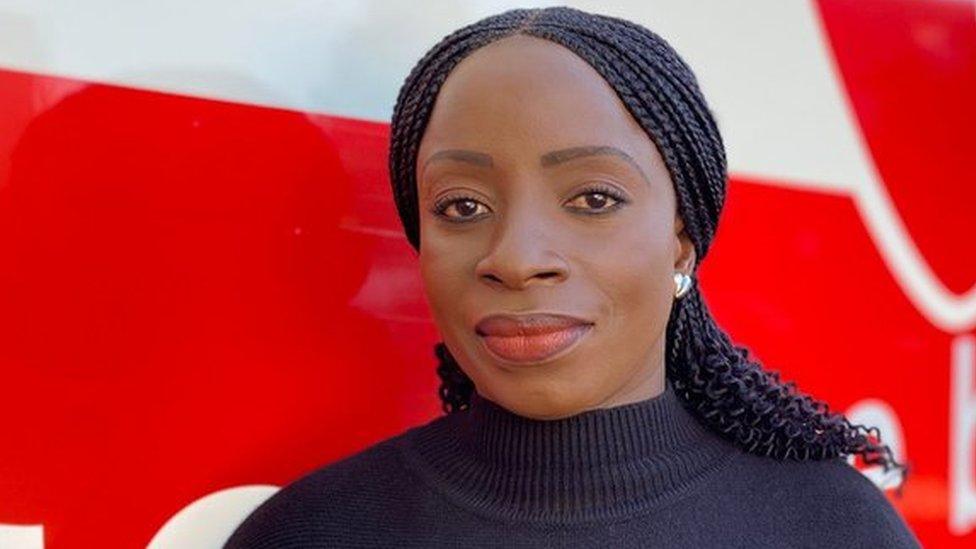
- Published14 August 2020
